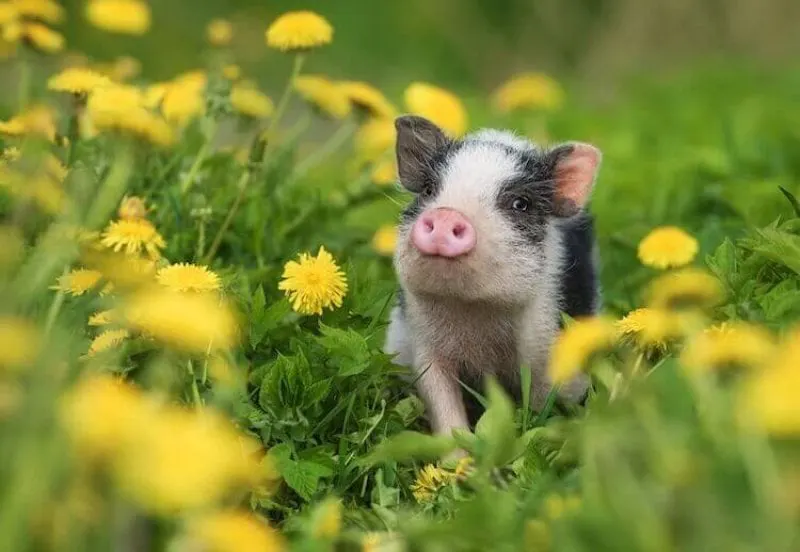Viewpoint: How can we ensure disease-resistant CRISPR livestock are treated ethically?
Viewpoint: How can we ensure disease-resistant CRISPR livestock are treated ethically?


Powerful gene-editing techniques have the potential to improve modern farming by making animals resistant to heat and disease, reducing methane emissions and increasing productivity, but the same approaches could also exacerbate animal welfare problems, the Nuffield Council on Bioethics says.
Though farms have yet to embrace genome editing for animals, its potential in agriculture has driven intense research efforts around the world, leading to experimental animals that demonstrate the viability of the approach. In September, the UK government announced it would bring forward legislation that would pave the way for some genome editing to be allowed in animal breeding.
Elizabeth Cripps, a co-author on the report and a senior lecturer in political theory at Edinburgh University, said a particular concern was the creation of animals that could tolerate poor conditions without it apparently having an adverse health impact. “That could mask the effect that they continue to live in unacceptable conditions,” she said. Another serious concern was the possibility of animals being bred that are no longer physiologically capable of having “a good life”.
The ethicists are calling for an “urgent” public discussion before genome editing is approved for commercial farming.
This is an excerpt. Read the full post here.

 | Videos | More... |

Video: Nuclear energy will destroy us? Global warming is an existential threat? Chemicals are massacring bees? Donate to the Green Industrial Complex!
 | Bees & Pollinators | More... |

GLP podcast: Science journalism is a mess. Here’s how to fix it

Mosquito massacre: Can we safely tackle malaria with a CRISPR gene drive?

Are we facing an ‘Insect Apocalypse’ caused by ‘intensive, industrial’ farming and agricultural chemicals? The media say yes; Science says ‘no’
 | Infographics | More... |

Infographic: Global regulatory and health research agencies on whether glyphosate causes cancer
 | GMO FAQs | More... |

Why is there controversy over GMO foods but not GMO drugs?

How are GMOs labeled around the world?

How does genetic engineering differ from conventional breeding?
 | GLP Profiles | More... |

Alex Jones: Right-wing conspiracy theorist stokes fear of GMOs, pesticides to sell ‘health supplements’




 Viewpoint — Fact checking MAHA mythmakers: How wellness influencers and RFK, Jr. undermine American science and health
Viewpoint — Fact checking MAHA mythmakers: How wellness influencers and RFK, Jr. undermine American science and health Viewpoint: Video — Big Solar is gobbling up productive agricultural land and hurting farmers yet providing little energy or sustainabilty gains
Viewpoint: Video — Big Solar is gobbling up productive agricultural land and hurting farmers yet providing little energy or sustainabilty gains Trust issues: What happens when therapists use ChatGPT?
Trust issues: What happens when therapists use ChatGPT? Fighting deforestation with CO2: Biotechnology breakthrough creates sustainable palm oil alternative for cosmetics
Fighting deforestation with CO2: Biotechnology breakthrough creates sustainable palm oil alternative for cosmetics California, Washington, Oregon forge immunization alliance to safeguard vaccine access against federal undermining
California, Washington, Oregon forge immunization alliance to safeguard vaccine access against federal undermining 30-year-old tomato line shows genetic resistance to devastating virus
30-year-old tomato line shows genetic resistance to devastating virus The free-range chicken dilemma: Better for birds, but with substantial costs
The free-range chicken dilemma: Better for birds, but with substantial costs ‘You have to treat the brain first’: Rethinking chronic pain with Sanjay Gupta
‘You have to treat the brain first’: Rethinking chronic pain with Sanjay Gupta
